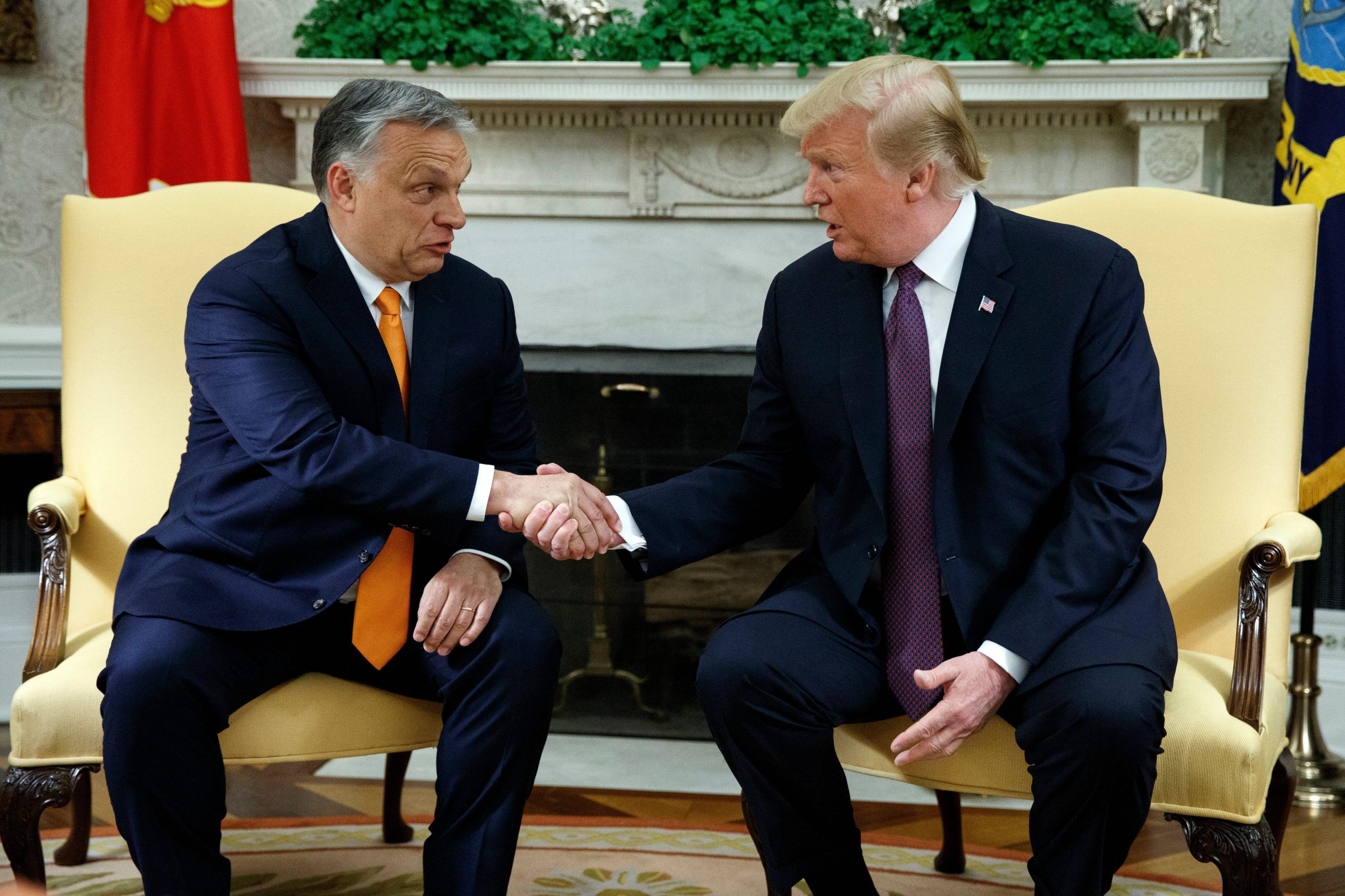 After four years of wrongful imprisonment, the Azerbaijani government has pardoned journalist Eynulla Fatullayev. Rebecca Vincent reports
After four years of wrongful imprisonment, the Azerbaijani government has pardoned journalist Eynulla Fatullayev. Rebecca Vincent reports
On April 2007 in a crowded Baku court room, investigative journalist Eynulla Fatullayev was sentenced to two-and-a-half years’ imprisonment for defamation. He was taken into detention on the spot. This was not the first time Eynulla was targeted for exercising his right to freedom of expression, and unfortunately, it would not be the last.
Eynulla’s conviction followed years of harassment and intimidation by the Azerbaijani authorities, including numerous civil and criminal defamation lawsuits. The persecution did not stop with Eynulla himself; his father has received numerous death threats and in October 20006 he was kidnapped and held hostage until Eynulla agreed to cease publishing his newspapers.
Over the next four years, following his conviction in April 2007, while the world moved on, Eynulla spent his life in a series of small, dank jail cells, waiting for justice. Instead, his newspapers Realniy Azerbaijan and Gundelik Azerbaijan were effectively shut down in May 2007 when authorities closed their offices. In October 2007, Eynulla was convicted of another series of politically motivated charges – supporting terrorism, inciting ethnic hatred, and tax evasion – and was now saddled with a cumulative sentence of eight and a half years in prison.
Eynulla’s hopes were raised as the European Court of Human Rights considered his case. However, in anticipation of the judgment, in December 2009 prison officials claimed to have “found” heroin in Eynulla’s jail cell, a move widely believed to be politically motivated. After the European Court ruled in April 2010 that Eynulla’s convictions constituted violations of his rights to freedom of expression and to a fair trial and ordered his immediate release, the Azerbaijani authorities proceeded with the new charge of drugs possession. He was convicted in July 2010 and sentenced to another two and a half years in prison.
After the European Court’s judgment became final in October 2010, the Azerbaijani authorities engaged in a campaign of political manoeuvring at the Council of Europe, claiming that they had complied with the judgment and that Eynulla’s continued imprisonment was a separate, criminal matter which had nothing to do with his previous convictions. The international human rights community and international experts disagreed, arguing the drugs possession conviction to be politically motivated and based on fabricated evidence, intended to keep Eynulla in prison despite the European Court’s judgment in his favour.
But finally, on 26 May 2011, just 12 days after Azerbaijan’s win in the 2011 Eurovision Song Contest, Eynulla was released from prison. His name was included in a list of 90 prisoners granted a pardon by Azerbaijani President Ilham Aliyev ahead of celebrations to mark the anniversary of the founding of the Democratic Republic of Azerbaijan.
In video footage at his home following his release, Eynulla said that he would like to continue working as a journalist, explaining that “for 12 years of my life I’ve been working as a journalist…I was working as a journalist while in prison.” Indeed, Eynulla has refused to be silenced and provides a rare critical voice in a media climate marked by self-censorship and domination by the state.
Although Eynulla is now free, Azerbaijan remains a dangerous place to express opinions critical of the government, and a climate of intimidation is pervasive. Jabbar Savalan, Bakhtiyar Hajiyev and others remain imprisoned for expressing critical opinions, and the cycle of violence against journalists and impunity for their attackers continues. Eynulla’s release, however, is a step in the right direction. Let’s hope that it signals the start of the Azerbaijani authorities taking their international commitments to freedom of expression more seriously.
Rebecca Vincent is a freelance human rights consultant and expert on freedom of expression in Azerbaijan




